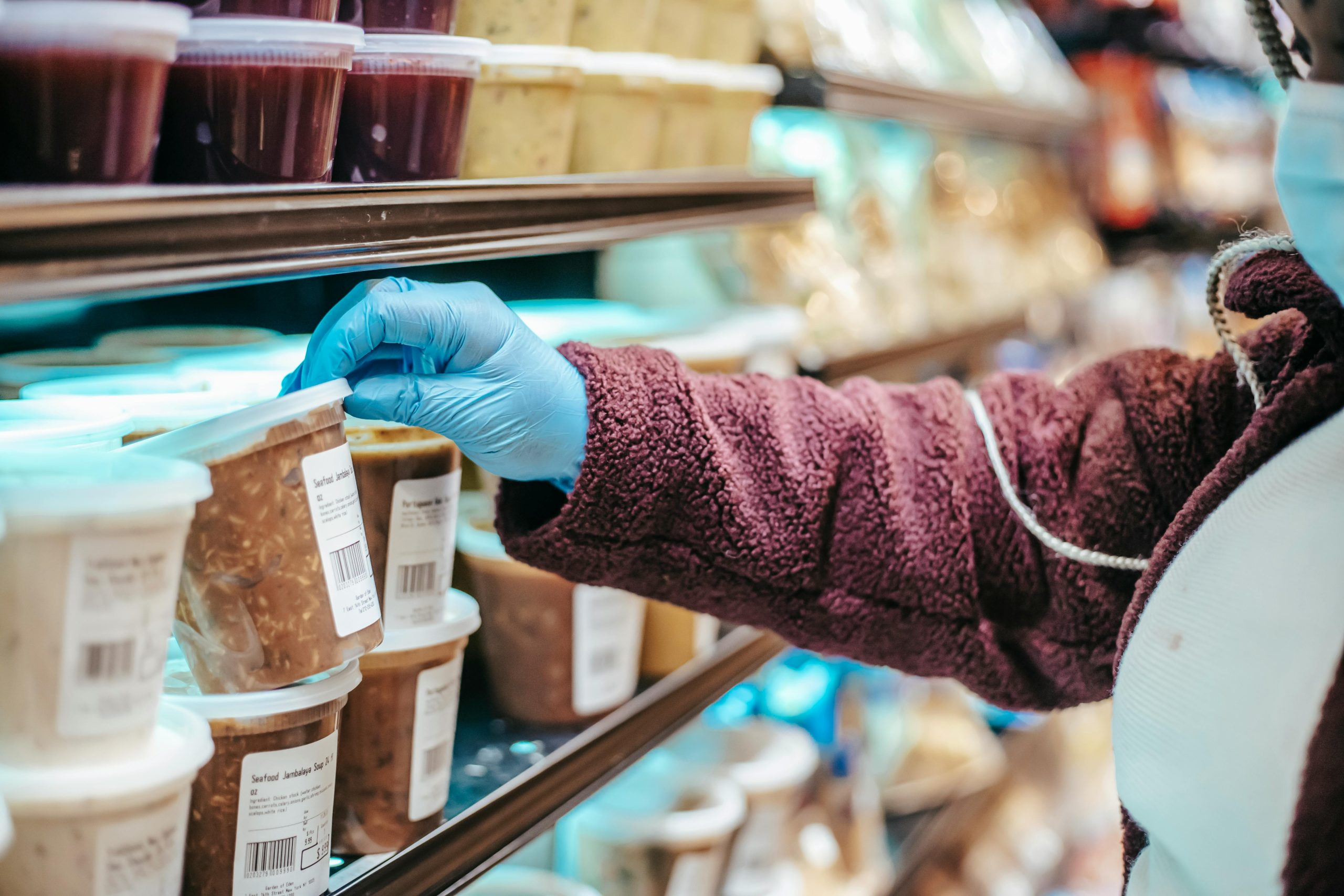Consumer Safety in Product Liability Cases
Product liability cases are all too common in today’s marketplace. From defective toys to faulty electronics, consumers are often faced with safety concerns when purchasing products. It is the responsibility of the manufacturer to ensure that their products are safe for consumption, and when they fail to do so, legal action can be taken. This article will explore the importance of consumer safety in product liability cases and the steps that can be taken to protect consumers from harm.
The Impact of Product Liability Cases on Consumer Safety
Product liability cases occur when a manufacturer is held legally responsible for injuries or damages caused by their product. This can include design defects, manufacturing defects, or failure to provide adequate warnings or instructions. These cases not only have a financial impact on the manufacturer, but they also have a significant impact on consumer safety.
When a product is found to be defective or dangerous, it can lead to serious injuries or even death. This not only affects the consumer who purchased the product, but it can also harm their loved ones and the community as a whole. One example of this is the infamous Takata airbag recall in 2014, which affected over 100 million vehicles worldwide and resulted in at least 27 deaths and hundreds of injuries.
The Role of Government Regulations
In order to protect consumers from dangerous products, governments around the world have implemented strict regulations for manufacturers. These regulations cover everything from product testing and labeling requirements to product recalls and reporting of incidents. These regulations are in place to ensure that products are safe to use and that manufacturers are held accountable for any defects or dangers.
In addition, the Consumer Product Safety Commission (CPSC) in the United States works to protect consumers from unreasonable risks of injury or death associated with consumer products. They have the authority to enforce safety standards and issue recalls for products that pose a danger to the public.
The Importance of Legal Action in Product Liability Cases
While government regulations play a vital role in protecting consumers, legal action is often necessary in product liability cases. When a manufacturer fails to comply with safety standards or ignores reports of defects, they must be held accountable for their actions. Bringing a lawsuit against a manufacturer not only helps the victim seek compensation for their injuries or damages, but it also serves as a deterrent for other companies to produce dangerous products.
In addition, legal action can also lead to changes in manufacturing processes and improved safety measures. For example, after a series of lawsuits, Johnson & Johnson improved their safety standards and processes for their popular baby powder to ensure it was asbestos-free.
How Consumers Can Protect Themselves
While it is ultimately the responsibility of the manufacturer to provide safe products, consumers can also take steps to protect themselves. This includes researching products before purchasing, looking for any reported incidents or recalls, and following safety instructions and warnings on products.
In addition, consumers should report any defects or safety concerns to the manufacturer and relevant government agencies. This not only helps to protect themselves but also other potential consumers who may be at risk.
Conclusion
Consumer safety is of utmost importance in product liability cases. It is the responsibility of manufacturers to provide safe products and comply with safety regulations, and when they fail to do so, legal action is necessary to hold them accountable. By understanding the impact of product liability cases on consumer safety and taking necessary precautions, we can help create a safer marketplace for all consumers.










